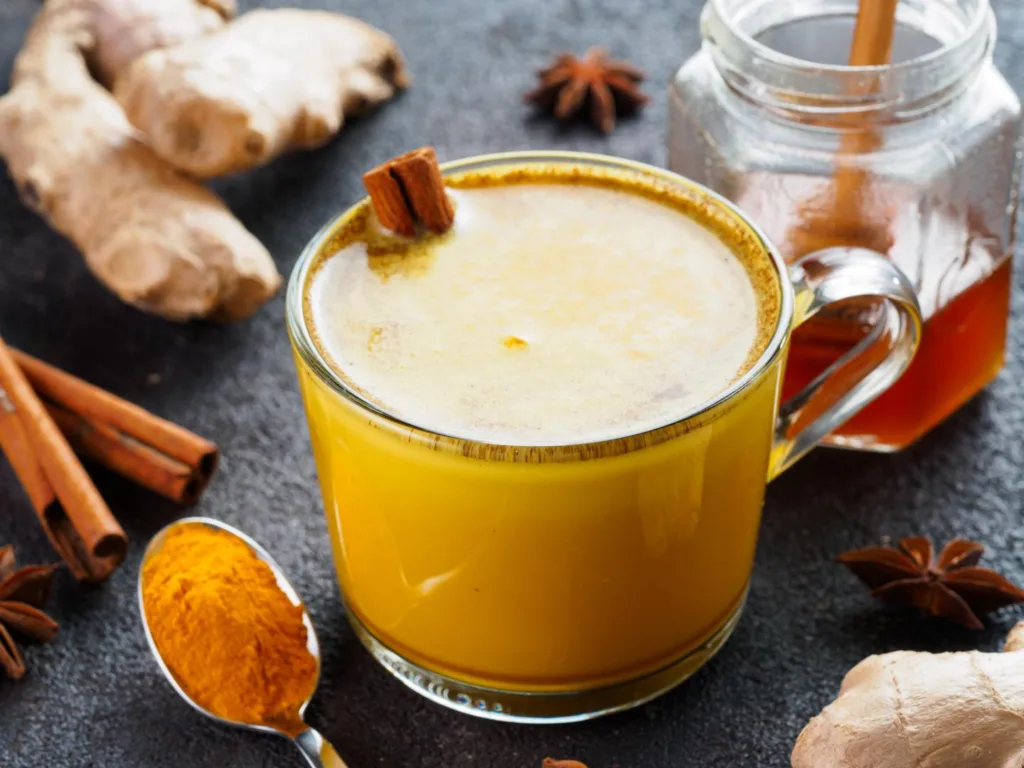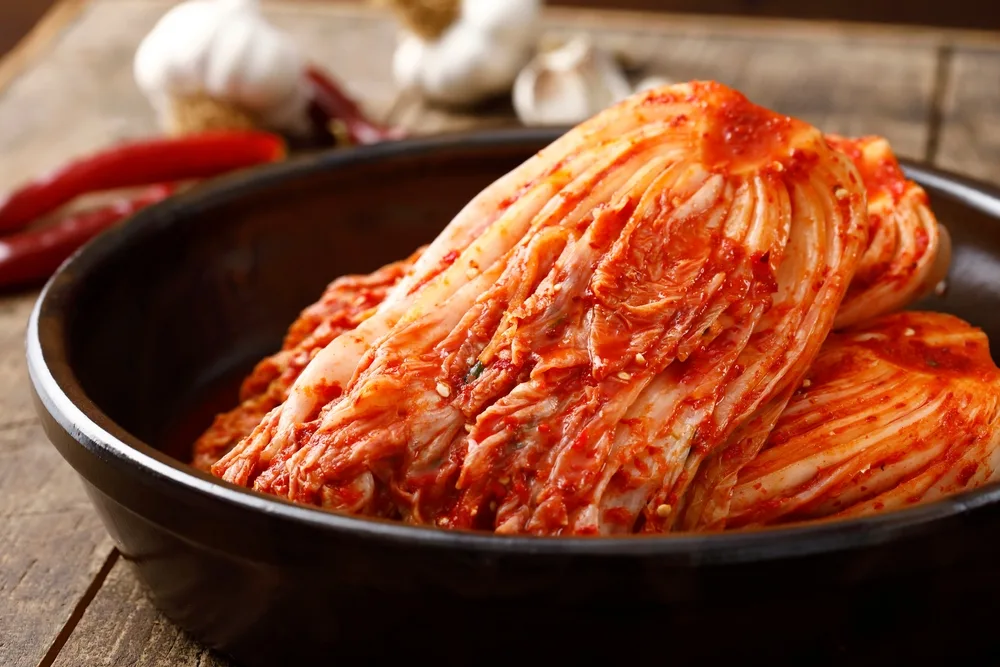Table of Contents
Have you ever wondered if you should add salt and baking soda to water for a healthier lifestyle? From refreshing hydration to aiding digestion and even improving oral health, drinking water with salt and baking soda can open up a world of wellness. But how much is too much? Who should steer clear of it? And how can you make it part of your daily routine in the best possible way? Dive into this article to learn the benefits of drinking water with baking soda and salt and to discover how to safely and effectively integrate this age-old remedy into your modern life.
Benefits of drinking water with salt and baking soda
Curious about how a simple mix of ingredients in your kitchen can elevate your health? Drinking water with salt and baking soda goes beyond quenching thirst; it might be a secret weapon for hydration, digestion, and oral health.

Hydration
Adding salt and baking soda to your water isn’t just a cooking trick; it can significantly boost your hydration, especially in specific situations.
Maintaining proper hydration is fundamental to our health. It affects everything from our energy levels to our body’s ability to recover from strenuous activities. When we are dehydrated, our bodies can experience fatigue, headaches, and, in severe cases, even develop kidney stones (1).
The combination of baking soda and salt in water creates a unique blend that aids hydration. Baking soda, being alkaline, helps balance the body’s pH levels, reducing acidity (2).
Salt plays a vital role in water retention and absorption. It ensures that the water you drink is effectively used by your body. This is crucial, especially for athletes or anyone engaging in regular physical activity, as losing sodium through sweat can impact muscle recovery and overall performance.
A small study with elite athletes suggested that drinking mineral-rich water, like a mixture of salt and baking soda, can improve hydration and assist in the efficient use of lactate, a byproduct of intense exercise. This means not only are you rehydrating, but you’re also aiding your body in the recovery process (3).
Improve Digestion
Drinking water with a combination of salt and baking soda can be a gentle yet effective way to support your digestive system.
This simple concoction works wonders in balancing the stomach’s pH level. Think of it as a mild, natural antacid that can offer relief from occasional heartburn (acid reflux) (4).
When baking soda, which is alkaline, mixes with water, it neutralizes excess stomach acid, providing a soothing effect. Adding a bit of salt enhances this mixture, aiding in maintaining a healthy digestive environment.
However, it’s important to use this remedy safely. Overuse or incorrect dosages can lead to discomfort or interfere with other medications.
Generally, a small amount, like a one-quarter teaspoon of baking soda in 8 oz water, is sufficient. This remedy is particularly helpful in the mornings when stomach acid might be more concentrated.
Remember, while this can be a helpful temporary fix for minor digestive issues, persistent or severe symptoms should be evaluated by a healthcare professional. And, as with any dietary change, practice moderation and consider individual health conditions.

Oral Health
Using a combination of baking soda and salt in water can be helpful in maintaining oral health, an essential aspect of overall well-being.
Baking soda neutralizes acids in the mouth that cause tooth decay. It’s also mildly abrasive, gently removing surface stains from teeth, thereby contributing to a whiter smile.
A study revealed that a simple morning rinse with a baking soda solution significantly increased salivary pH, creating an alkaline environment where harmful bacteria that threaten oral hygiene cannot thrive (5). For an extra boost of freshness, dissolving half a teaspoon of baking soda in 8 oz water for a quick rinse can be an effective way to keep bad breath at bay.
Regularly brushing your teeth with toothpaste that includes baking soda can stave off tooth decay and keep your gums and mouth in prime condition.
Optimal blend: What’s the right amount?
Finding the right balance in life is key, and this wisdom extends to the use of salt and baking soda in water. The key is moderation, and knowing the right amount is essential for reaping the benefits without inviting unwanted risks.
Let’s start with baking soda. For those looking to ease indigestion or balance body pH, the recommended dose for adults and teenagers is a modest one teaspoon of baking soda dissolved in a glass of water (6).
It’s vital to ensure the baking soda is fully dissolved before consumption. This mixture, acting as an antacid and antiseptic, can be beneficial for stomach and digestive troubles.
However, limit yourself to no more than six doses in 24 hours for adults younger than 60 years old. If you’re over 60, consume no more than three doses in 24 hours. Exceeding these amounts or consuming for more than two weeks can lead to adverse effects (7). It is not recommended for children unless you discuss it with your pediatrician (7).
When it comes to adding salt to this blend, a half teaspoon mixed with a half glass of water (about 3-4 ounces) is recommended (8). This proportion ensures that you receive the potential oral health benefits without overwhelming your system with sodium.




Who should not should not add salt and baking soda to their water?
It’s important to note that people with certain health conditions, such as edema, liver disease, or kidney disease, should avoid this mixture. Baking soda is high in sodium, which can worsen these conditions. Those on prescription medications should consult with a healthcare provider before starting this practice.
There are other groups who should avoid using this mixture, as it may be harmful
Children
Ingesting baking soda may cause diarrhea and vomiting in a child. These symptoms are the body’s way of signaling that something is off balance. In such cases, immediate medical attention is necessary to ensure the child’s safety and health.
Children’s developing kidneys are not as adept at processing high levels of sodium. Therefore, it is essential to keep their diets free from unnecessary additives like high-sodium substances (9).
Pregnant or nursing mothers
Expectant or nursing mothers should avoid adding baking soda (sodium bicarbonate) to their routine.
Pregnancy often makes the skin more sensitive, increasing the chance of allergic responses to products like baking soda.
Baking soda may interfere with the absorption of important nutrients, notably folate, which plays a starring role in fetal health (10).
Therefore, it’s paramount for pregnant women to consult with healthcare experts before including baking soda in their diet to safeguard their well-being and that of their developing baby.
People with high blood pressure
People with high blood pressure (hypertension) need to be cautious about adding salt and baking soda to their water because of the high sodium content in both substances.
Just one teaspoon of baking soda contains about 1,260 milligrams of sodium. For those managing hypertension or on a sodium-restricted diet, this level of intake can worsen high blood pressure.
Additionally, the alkaline nature of baking soda can affect how certain medications work in the body. For safety, it’s advised to avoid drinking baking soda within two hours of taking medications.
Always consult with a healthcare provider before making dietary changes, especially if you have health conditions like high blood pressure.
Best ways to use salt and baking soda in your daily life


Salt and baking soda, used carefully, have found their way into the spotlight for their health perks. But how do we incorporate them into our everyday lives?
Boosting your workout performance
If you’re someone who regularly engages in high-intensity workouts, the potential of baking soda to enhance physical performance is worth exploring.
A study suggests that a dose of around 300 mg of sodium bicarbonate per kg of body weight, taken 1–2 hours before exercise, can enhance performance in some high-intensity activities (11). This finding is particularly relevant for trained athletes, who seem to benefit more from this supplementation.
However, baking soda’s effectiveness can vary from person to person. Tailoring the timing and dosage to your individual needs and body weight is key to maximizing its potential benefits.
Before bed
Drinking salt and baking soda water before bedtime can help with acid reflux, offering a peaceful sleep.
But remember to space your doses throughout the day. Consuming too much at one time could lead to bloating, nausea, or even an electrolyte imbalance. It’s all about finding the perfect balance that works for you and your body’s needs.
How to make it taste better?
It’s no secret that a concoction of salt and baking soda in water won’t win any taste awards. But there are simple yet delightful ways to transform this humble mixture into a more palatable beverage, making it an enjoyable part of your daily routine.
One of the easiest ways to enhance the taste is by adding a splash of lemon or lime juice. Not only does the citrus zing help mask the earthy taste of baking soda, but it also adds a refreshing twist to your drink. Lemon, in particular, can add a bright, invigorating flavor, making the drink more appealing while also providing a dose of vitamin C.
If the tang of citrus isn’t your cup of tea, consider a small amount of clear fruit juice. A dash of apple or grape juice can impart a natural sweetness, balancing the salty and alkaline taste of baking soda.
For a more subtle flavor enhancement, why not try adding fresh herbs like mint leaves? Mint not only brings a fresh, soothing taste but also adds an element of coolness to the drink, making it more enjoyable.
Using warm water can also enhance its taste. Warm water helps dissolve salt and baking soda more effectively, creating a smoother, more uniform drink. This can reduce the grittiness and make the overall experience more pleasant.




Can I mix salt and baking soda for mouthwash?
Yes, you can mix salt and baking soda with water to create a homemade mouthwash. This combination is effective for oral hygiene due to baking soda’s ability to neutralize acids and salt’s antiseptic qualities. Mix a teaspoon of baking soda and half a teaspoon of salt in a glass of warm water. Swish this mixture in your mouth for about 30 seconds, then spit it out. It’s a natural way to freshen breath and may help with sore gums or throat.
Is it OK to brush your teeth with baking soda and salt?
Sure! Baking soda and salt make a gritty duo that can polish away stains and plaque. Think of it as gentle sandpaper for your choppers. But here’s the kicker—don’t overdo it. Too much scrubbing can wear down enamel. Moderation is key.
Is pink Himalayan salt better than regular salt?
Pink Himalayan salt is all-natural, but when it comes to the main ingredient—sodium chloride—they’re similar. Think of Himalayan salt as regular salt in a fancy outfit.
Does baking soda increase pH?
Yes, baking soda, or sodium bicarbonate, is an alkaline substance that can increase the pH level of solutions. When dissolved in water, it can help neutralize acidic substances, thereby raising the pH level. This is why baking soda is often used to alleviate acid reflux symptoms or as a natural cleaning agent.
Can yellow teeth become white?
Absolutely! Yellow teeth can be whitened, but it’s not an overnight miracle. Commitment and patience are key. Whitening toothpaste, DIY baking soda tricks or a visit to your dentist can help. Remember, it’s a marathon, not a sprint, to a brighter smile.
Summary
Our journey to understand adding salt and baking soda to water reveals many benefits, like improved hydration, digestion, and oral health.
But it’s not suitable for everyone—children, pregnant mothers, and those with high blood pressure need caution.
If you’re clear to use it, this blend can boost your day, workout, or relaxation before bed.
Remember, balance and personal health needs are the key to making this simple mix work for you.

















Comments
0